Few football clubs can rival FC Barcelona’s aura, history, and cultural significance. From unforgettable victories to producing some of the greatest players, the Catalan giants have redefined modern football. Known simply as “Més que un club” (More Than a Club), FC Barcelona’s legacy transcends football, blending sport with social identity, politics, and global influence.
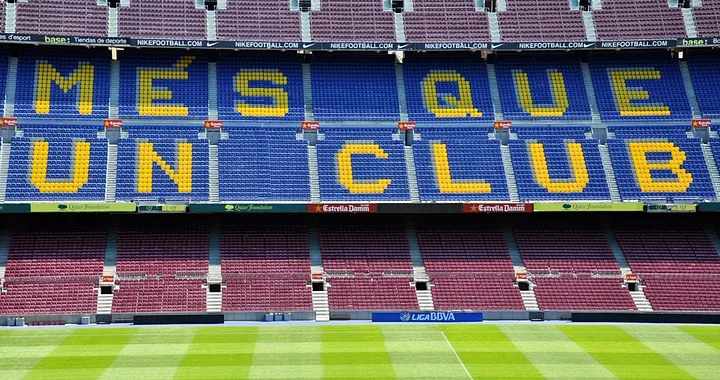
Foundations of a Movement (1899 – 1950s)
Founded in 1899 by Swiss visionary Joan Gamper, FC Barcelona was built on a foundation of inclusivity, openness, and regional pride. The club rapidly grew in popularity, becoming an emblem for the people of Catalonia, especially during periods of political unrest. During the Spanish Civil War and Francisco Franco’s dictatorship, Barcelona was more than just a football team—it was a symbol of resistance against oppression.
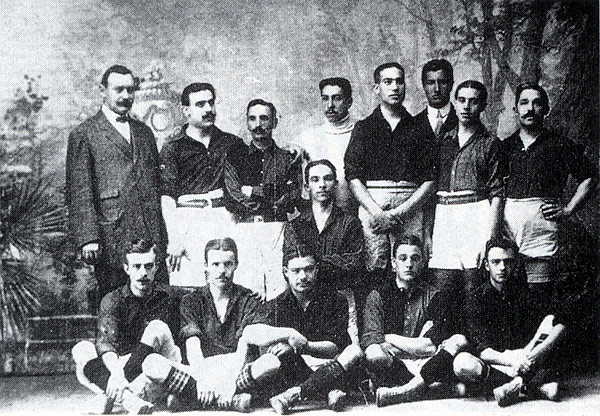
The Catalan identity, deeply tied to Barcelona, forged an emotional bond between the club and its supporters, transforming the stadium, Camp Nou, into a sanctuary where fans expressed their pride and unity.
The Era of Johan Cruyff: The DNA of Modern Football
No conversation about FC Barcelona’s legacy is complete without mentioning Johan Cruyff. In the 1970s, Cruyff brought the Dutch concept of Total Football to Camp Nou, reshaping the club’s philosophy. However, it was as a coach (1988-1996) that Cruyff left an indelible mark on Barça’s identity.
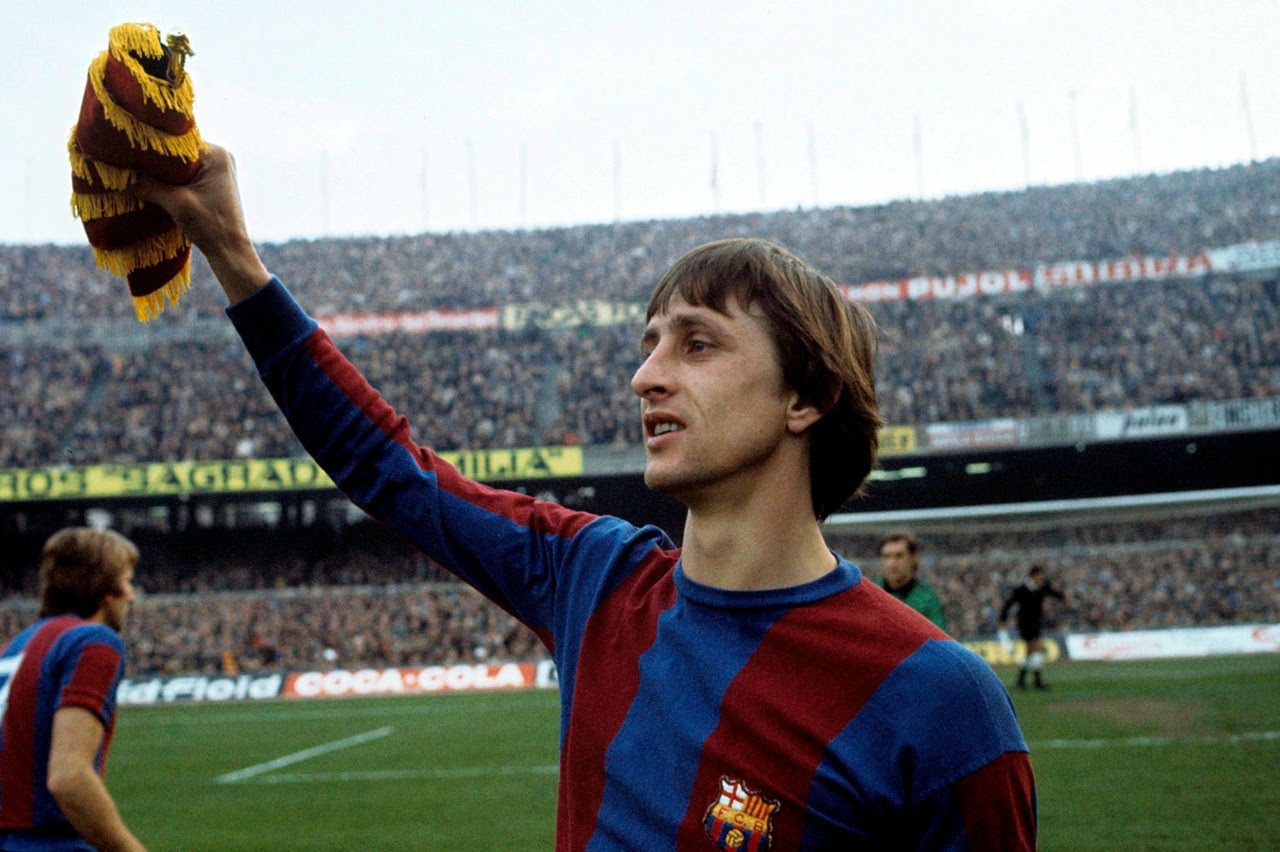
Cruyff’s Dream Team of the early 1990s, featuring stars like Ronald Koeman, Hristo Stoichkov, and Pep Guardiola, won the club’s first-ever Champions League trophy in 1992. More importantly, Cruyff laid the tactical blueprint of positional play and attacking football—values that continue to guide Barcelona’s style to this day.
The creation of La Masia, the club’s youth academy, was another cornerstone of Cruyff’s vision. His influence ensured that FC Barcelona would not only buy stars but also cultivate talent, nurturing future legends.
The Guardiola Revolution: 2008 – 2012
Pep Guardiola’s appointment as manager in 2008 was the beginning of arguably the most dominant period in football history. Under his leadership, Barcelona won 14 trophies in just four years, including two Champions League titles (2009, 2011) and six trophies in the magical year of 2009.
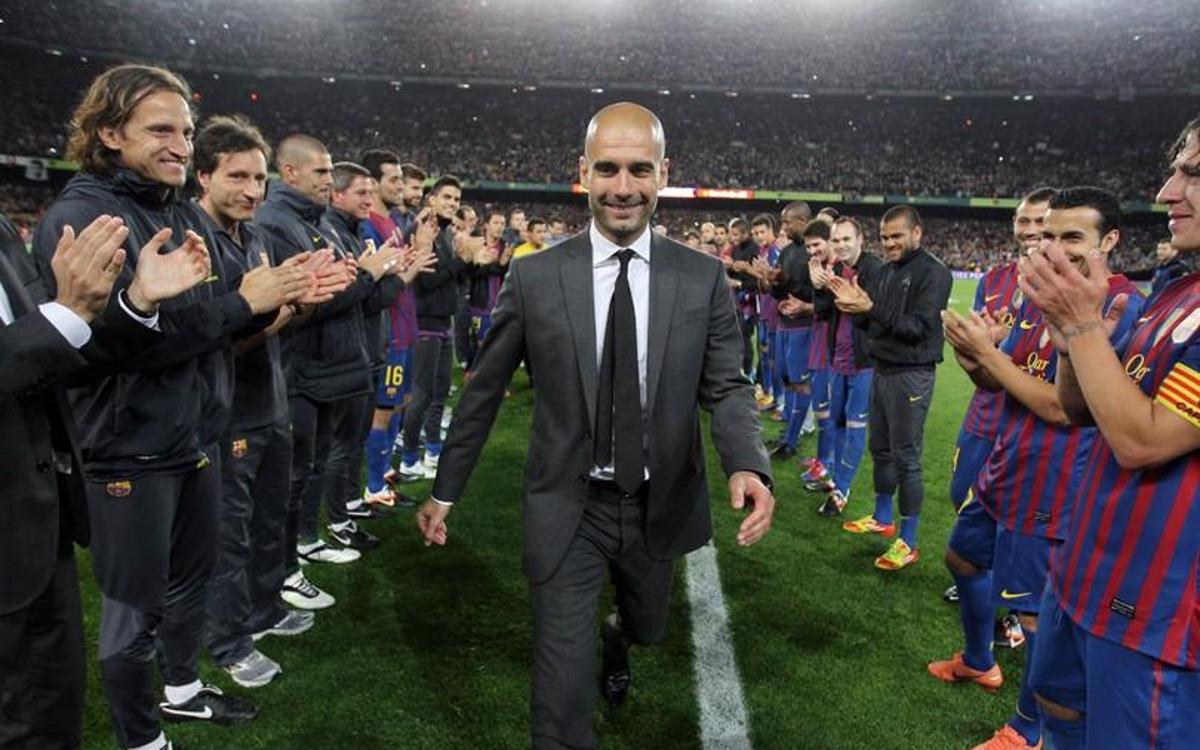
Guardiola’s team was powered by the midfield trio of Xavi, Andrés Iniesta, and Sergio Busquets, supported by Lionel Messi—the greatest player in the club’s history. Barcelona’s tiki-taka philosophy, which emphasized possession and quick passing, became a hallmark of beautiful football, setting new standards for tactical excellence.
The Guardiola era transformed Barcelona into not just winners but artists of the sport, earning the admiration of fans and neutrals alike. Their rivalry with Real Madrid during this period elevated El Clásico into one of the greatest spectacles in sports.
Lionel Messi: A Legacy Beyond Comparison
Lionel Messi’s journey from a shy teenager at La Masia to becoming the face of global football is a story that mirrors Barcelona’s ascent. Over two decades, Messi shattered records, won six Ballon d’Or awards (during his time at Barça), and led the club to countless trophies, including four Champions League titles and ten La Liga crowns.
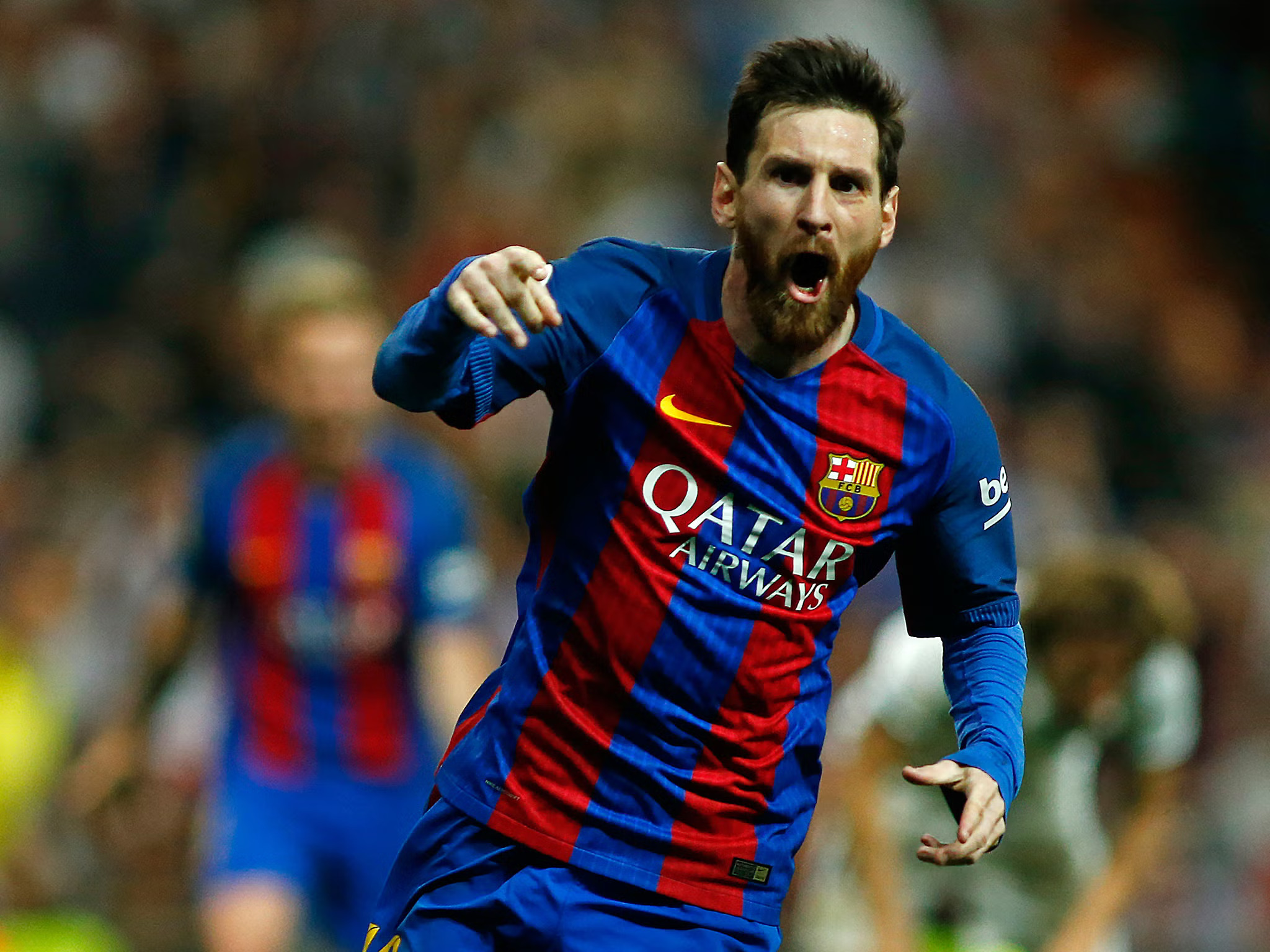
His partnership with stars like Neymar, Luis Suárez, and Iniesta ensured that Barcelona remained at the pinnacle of European football. Beyond the goals and assists, Messi symbolized everything that FC Barcelona stood for—loyalty, artistry, and brilliance.
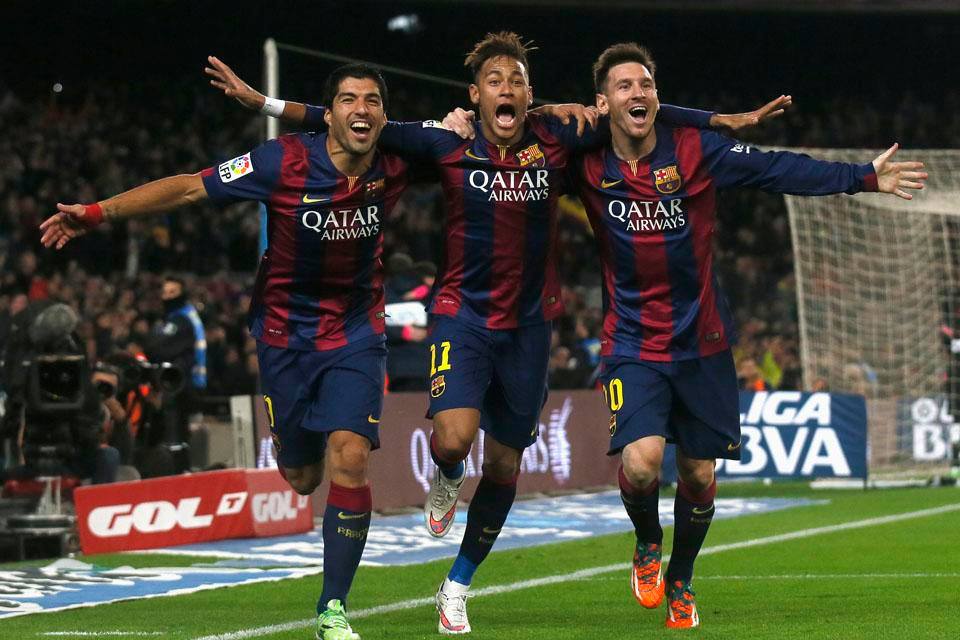
Barça’s Influence Off the Pitch
FC Barcelona has always been at the forefront of social responsibility. As one of the few clubs owned by its fans through a membership model, it operates democratically, promoting values like inclusivity, community, and humanitarianism. The Barça Foundation works globally on social development projects, ensuring the club’s impact extends far beyond football fields.
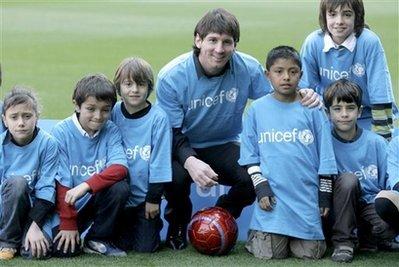
Even its sponsorship choices reflect these values. For many years, Barça chose to display UNICEF on its shirts instead of a commercial sponsor—a rare stance in a football world dominated by money.
Challenges in Recent Years and the Road Ahead
Like any football dynasty, Barcelona has faced its fair share of challenges. Recent years have been marked by financial turmoil, internal conflicts, and the emotional departure of Lionel Messi in 2021. The club struggled with debt, poor management, and inconsistent performances on the field.
However, Barcelona has always risen from adversity. The appointment of Xavi Hernandez as manager in 2021 signaled a return to the club’s core principles. With young talents like Pedri, Gavi, and Ansu Fati leading the charge, the future looks bright, even if the road back to European dominance is steep.
Conclusion: An Everlasting Legacy
FC Barcelona is not just a football club—it’s a way of life, a beacon of Catalan identity, and a global ambassador for excellence. Its history is filled with triumphs and trials, but through it all, the club has remained true to its philosophy: play beautiful football, represent the people, and strive for greatness.
As Barcelona writes the next chapter in its storied history, one thing is certain: the legacy of Més que un club will endure, inspiring future generations to dream, create, and believe in the power of football to change the world.
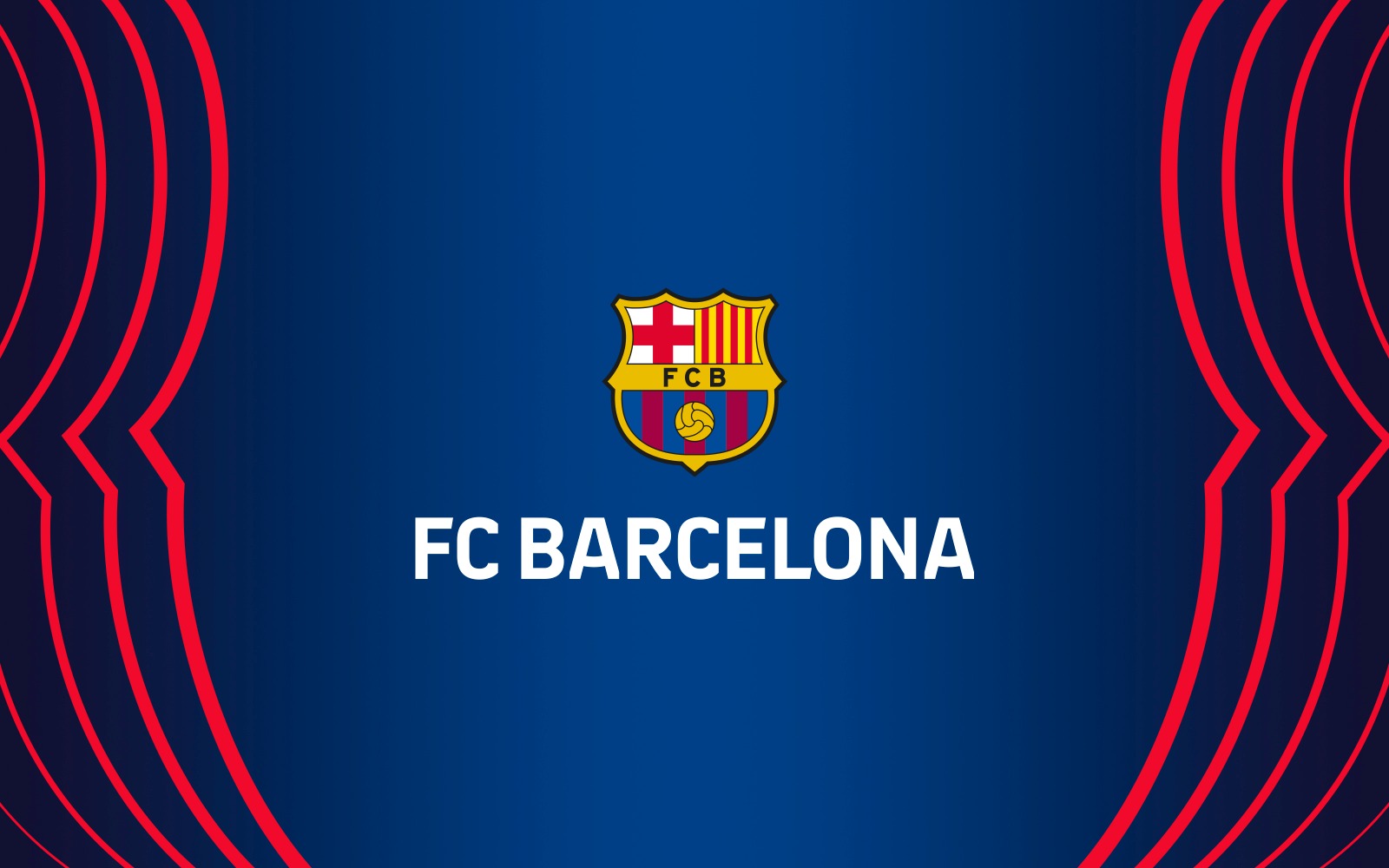
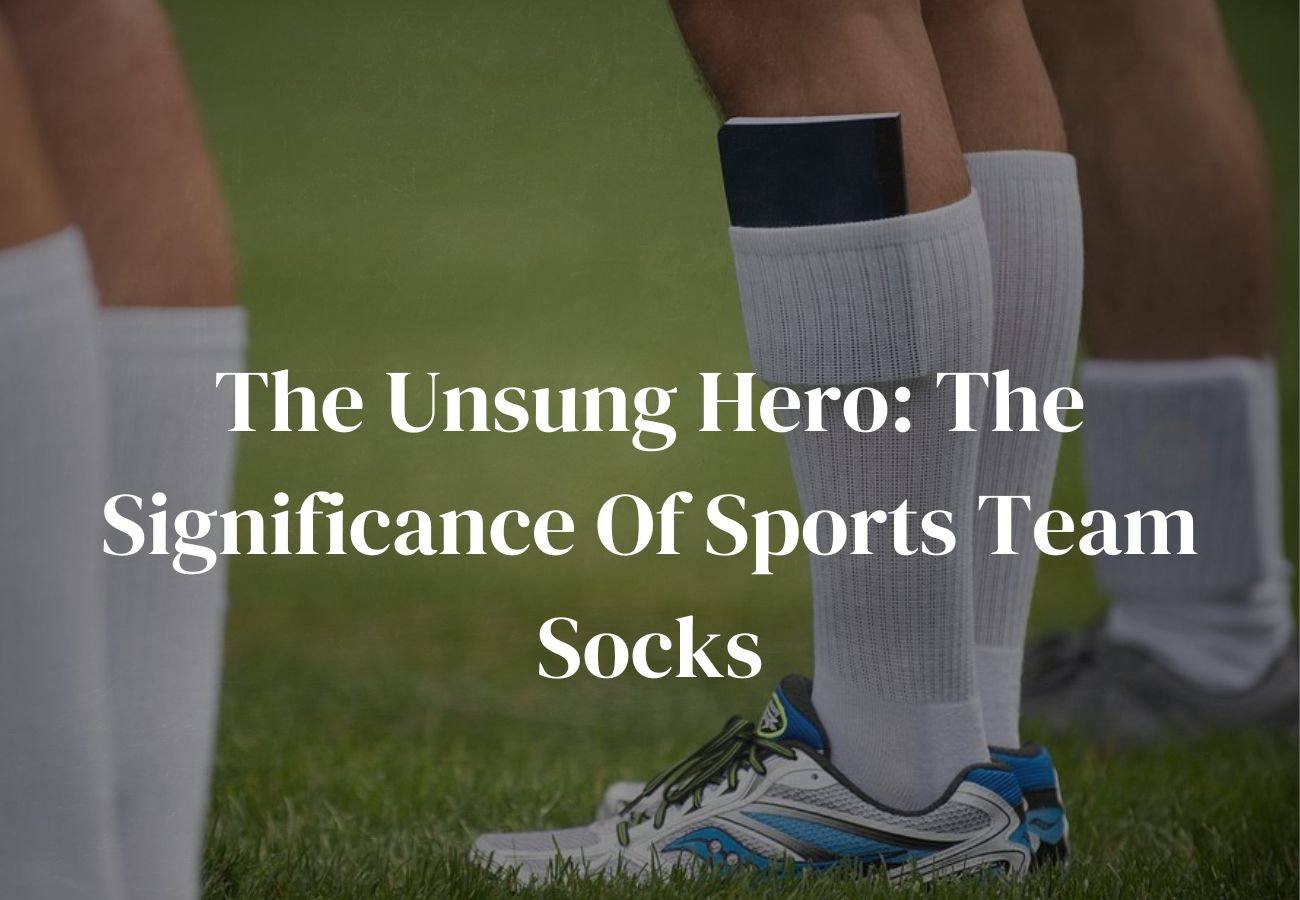
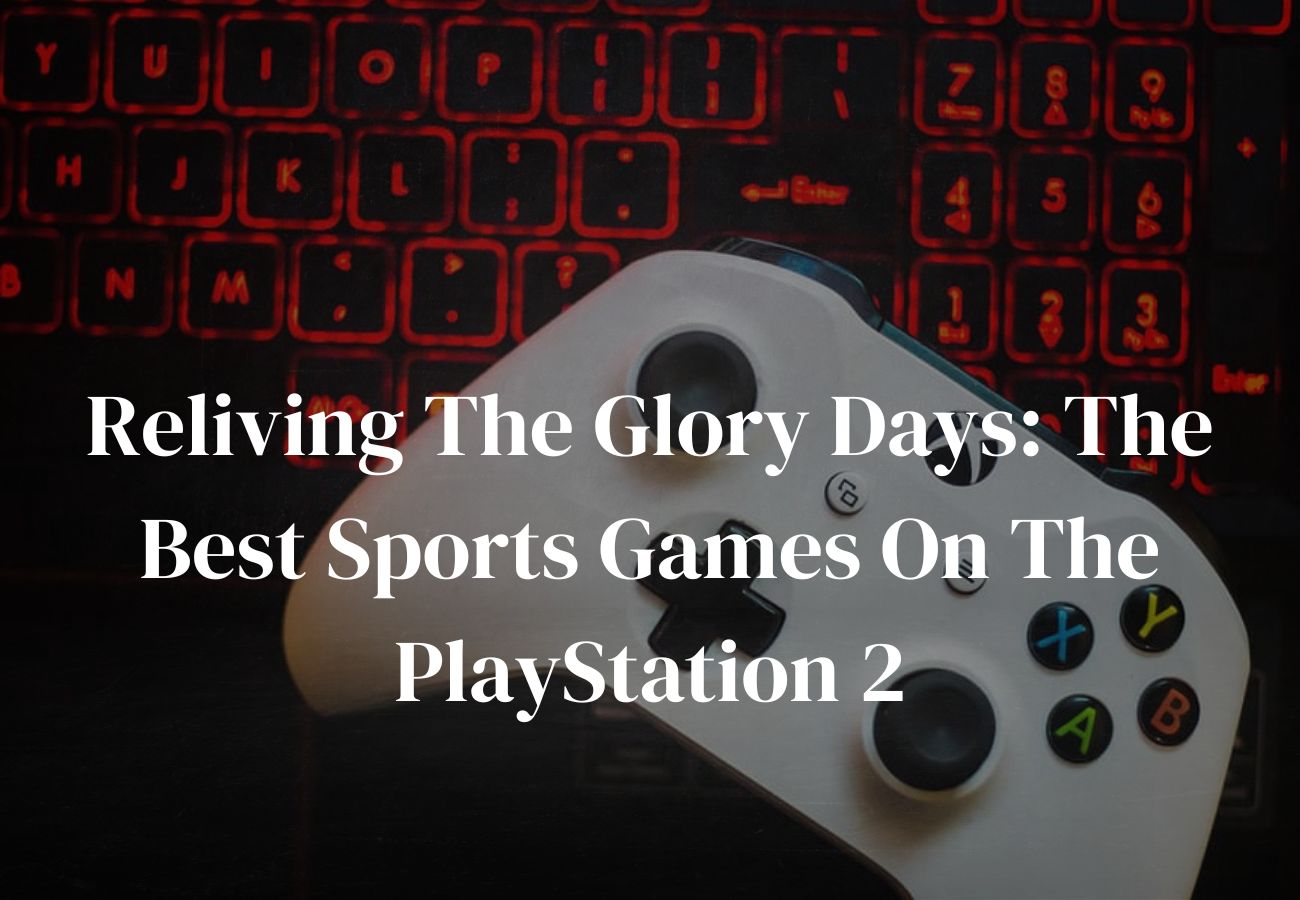

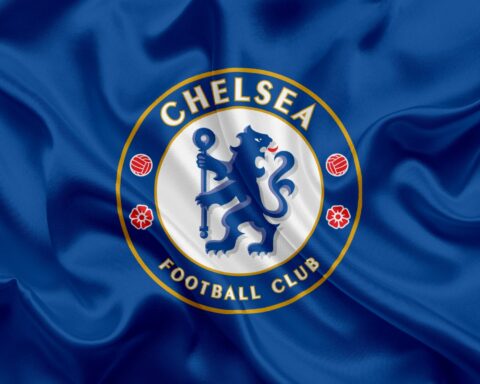
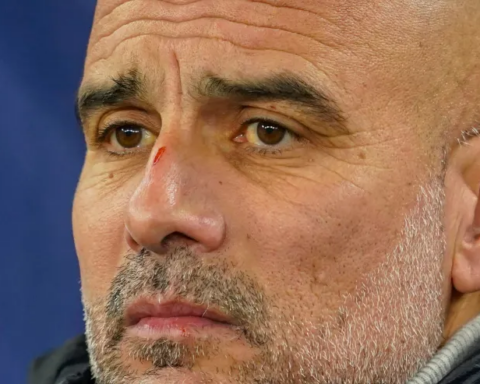
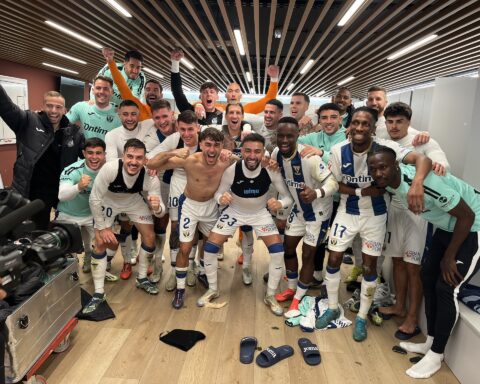
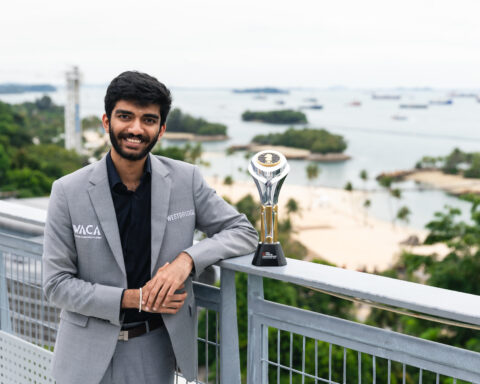
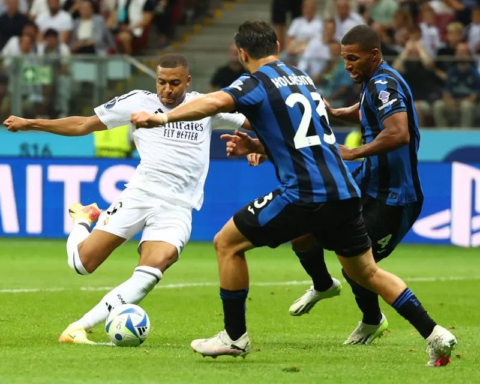
[…] 2017, Neymar Jr. made a historic move from FC Barcelona to Paris Saint-Germain (PSG) in a deal that shook the football world. PSG triggered Neymar’s […]